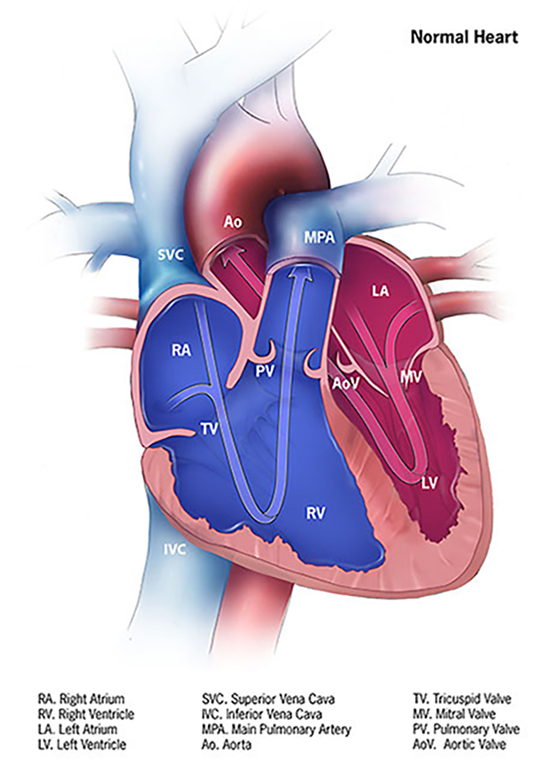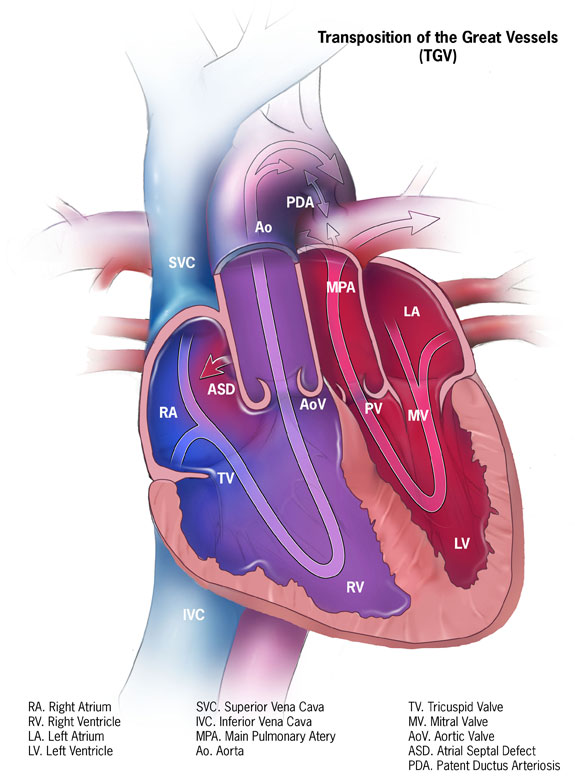What do tornado warnings, cardioversions, and earthquakes have in common? Absolutely nothing unless you’re me. And then they all fall into the category of “stuff that only happens to me”.
Let me explain.
At the end of February, I made the trip from Alaska to Ohio to see my cardiology specialists. The trip was roughly a month in the planning so I knew it was going to happen, I just didn’t have a good idea as to when.
If you remember, in my previous post about National Heart Health Month, I mentioned I was back in Afib. What I didn’t talk about was the details.
Afib doesn’t impress all of my doctors
The new team I was supposed to be working from Seattle/Alaska said they weren’t concerned when I let them know I was not only out of rhythm but I’d been this way for over three months. They didn’t even seem impressed it was the second time in as much as six months that I had been in Afib.
Their reasoning was I was already on blood thinners and that was the most important issue in their minds. Had I not been therapeutic on blood thinners, the plan would’ve been to start me on them ASAP and then cardiovert me circa June 2017. But because I had an established protocol with anti-coagulants, it wasn’t pressing for them to get me back in sync (or *NSYNC if you’re a fan of the boy band by the same name). Instead, the attitude was to wait until I felt worse, or I was seen in their clinic in Anchorage at a date to be determined in April of this year.
Afib and Heart Failure are not friends
If you’re wondering about the millions of people around the world who deal with Afib and why they aren’t constantly cardioverted, I can’t answer that. I do know it sometimes has more to do with the type of heart problem they have. For instance, most people find themselves with acquired heart disease, meaning they develop heart problems with age, from poor health, or from an illness that attacks the heart. For those people, the solution may be to implant a pacemaker/defibrillator device that will shock them back into rhythm. Even some of us CHDers end up with that type of device.
I am not one of those people. I’m also in a category of adult CHD patients that doesn’t realize when I’m in Afib because I have complete heart block. FUN, RIGHT?!
No.
Heart failure happens when part of your heart can’t pump blood or fill with blood properly. In my case, that’s the right ventricle but since it’s actually doing the job the left ventricle should do, it’s already at a disadvantage.
“Although the heart has been repaired, it is still not normal. The right ventricle, which usually pumps blood to the lungs (low-pressure) now pumps blood to the body (high pressure). The right ventricle handles the high-pressure load fairly well for many years but, eventually begins to wear down. Eventually, it becomes dilated, boggy, and weakens.
If the function of the right ventricle continues to worsen, despite medical treatment, a heart transplant is considered.”
For reference:

And my heart:

So, it makes sense that the longer you are in Afib, the more damage it does to that already struggling right ventricle.
Thankfully, the team in Columbus, at Nationwide Children’s Hospital disagreed with the Seattle/Alaska team and decided I should go see them.
ACHD Adventures with Nikki
The team planned on cardioversion and a heart cath while I was in Ohio. Then they decided to sneak in a stress test and a 48-hour hospital stay to start me on a beta blocker/anti-arrhythmic medication. The last time I was on medication for arrhythmias and Afib was in childhood. I took that medication until I was around 18. (Side note: Our memories can be amazing sometimes. I may not be able to remember what I had for dinner two days ago, but I can still taste, AND SMELL the medication I took as a kid.)
Where was I? Oh yeah… everything went off without a hitch. I did well during the hospital stay, and after the cardioversion, they raised my heart rate on the pacemaker to a resting rate of 79-80, which explains why I felt a little jumpy for the first couple of days post-cardioversion. (Warn a girl, next time, will ya?!)
There’s still a lot more to tell, including a near a close encounter with a nanobot! But I’ll stop here for now.
Till next time ~

Leave a Reply